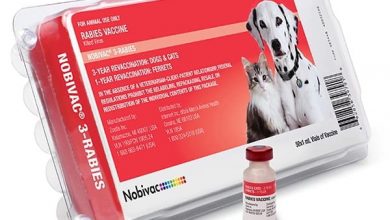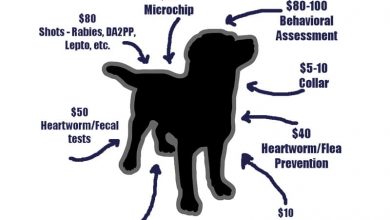Unravelling the Mystery of Why Your Dog is Eating Charcoal: Could it be a Nutritional Deficiency or Something Else?

1. Introduction
Dogs are curious creatures and often get into things they shouldn’t. One of the more concerning behaviors is when a dog starts eating charcoal. While it may seem like an odd behavior, there are several potential causes that could explain why your pup is eating charcoal. In this article, we will discuss what charcoal is, the potential benefits it can have for dogs, the risks associated with it, and what you can do to stop your dog from eating charcoal.
2. What is Charcoal?
Charcoal is a form of carbon that has been heated in a low-oxygen environment until it has been reduced to a black or gray powdery substance. It has been used for centuries as a fuel source, but more recently its use has expanded to medicinal purposes such as absorbing toxins from the body and reducing odors in the home.
3. Benefits of Charcoal for Dogs
The most common use of charcoal for dogs is as an absorbent to help reduce gas and bloating from food sensitivities or digestive upset. Charcoal can also be used to treat diarrhea and vomiting caused by these issues as well as other conditions such as pancreatitis or liver disease. Additionally, activated charcoal may be used to reduce odors in the home due to pet accidents or other sources of unpleasant smells.
4. Potential Risks of Eating Charcoal
While there are some benefits associated with using charcoal for dogs, there are also potential risks associated with its use. The most common risk is that if too much is ingested it can cause constipation due to its absorbent properties which can lead to other health complications if not treated quickly enough. Additionally, if your pup ingests large amounts of charcoal dust or chunks they could become seriously ill due to choking hazards or blockages in their digestive tract which could require emergency surgery or hospitalization in order to remove them safely from their system.
5. Reasons Why Dogs Eat Charcoal
There are several possible explanations for why your pup might be drawn towards eating charcoal including: boredom, curiosity, stress relief, diet deficiencies, and/or medical conditions such as pancreatitis or kidney failure which can cause them to seek out alternative sources of nutrition such as charcoal briquettes or ashes from wood fires etc.. Additionally, some breeds may have a genetic predisposition towards seeking out this type of material due to their scavenging instincts which were developed over time through natural selection processes in order for them to survive in the wild without access to traditional food sources like humans have today.
6. How to Stop Your Dog From Eating Charcoal
The best way to stop your dog from eating charcoal is by providing them with plenty of mental and physical stimulation throughout the day so they don’t become bored and seek out alternative forms of entertainment like snacking on pieces of coal left behind by campfires etc.. Additionally, you should make sure they are getting all the necessary nutrients through their diet so any deficiencies don’t lead them towards seeking out alternative sources of nutrition such as coal briquettes etc.. Finally if you notice any changes in their behavior that could indicate stress then try implementing relaxation techniques such as aromatherapy or massage therapy which can help reduce anxiety levels naturally without resorting to medication (which should always be prescribed by a veterinarian).
7 When To Seek Veterinary Care For Your Dog Eating Charcoal
If you notice any signs that your pup has ingested large amounts of charcoal then it’s important that you seek veterinary care immediately since blockages caused by these materials can be life threatening if not treated quickly enough (especially since many dogs won’t show obvious signs until it’s too late). Signs that your pup has ingested too much include vomiting (which may contain pieces of coal), diarrhea (which may contain black particles), lethargy/weakness/lethargy (due to dehydration), lack of appetite/weight loss (due to malnourishment) and abdominal pain/bloating (due to constipation).



